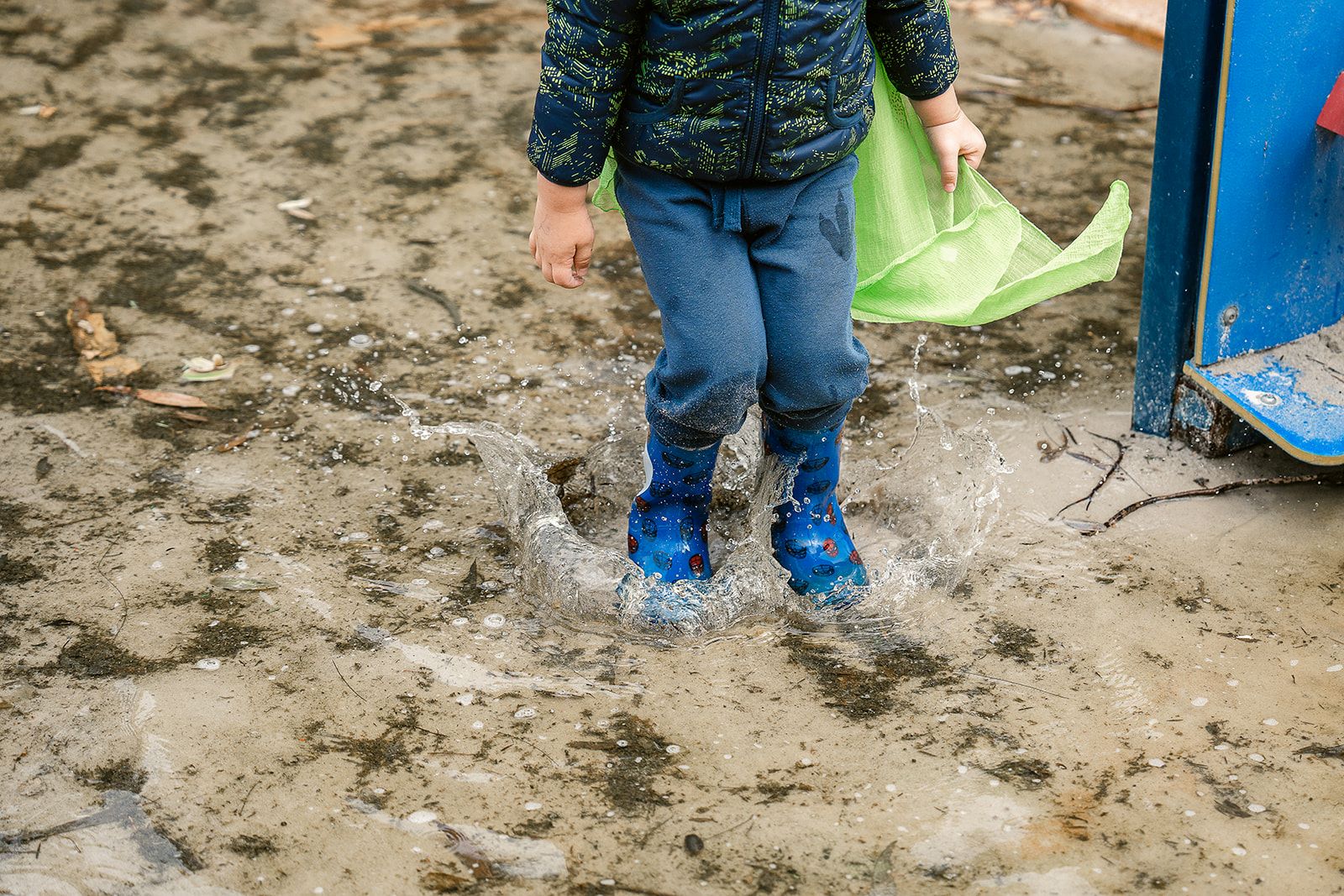Search

A child's brain undergoes massive change in the first few years of life, forming millions of new neural connections. They must quickly learn how to function in the world.

Investigating school readiness in ORIGINS' five-year-olds

Communicating with and Understanding your Baby

Testosterone and Language in Kids

Reviewing the development and wellbeing of children, prior to them commencing kindergarten

ORIGINS sub-projects are investigating the best way to provide support to new parents and positively influence the health and development of their children.

This study explores the role of infant sleep in early childhood development.

Helping families to unlock the mental and physical health benefits of connecting with nature and community through outdoor play - easily, and locally.

Enhancing psychological wellbeing in families from pregnancy to infancy

Exploring opportunities for early diagnosis and intervention and the impact this has on improving family healthcare.
